Iran resolved to reach ‘good, lasting, reliable’ agreement in Vienna: FM Amir-Abdollahian
Foreign Minister Hossein Amir-Abdollahian says Iran is firmly determined to reach a “good, lasting and reliable” agreement with the five remaining parties to the 2015 deal, as the eighth round of talks are ongoing in the Austrian capital of Vienna to revive the landmark US-abandoned accord.
Amir-Abdollahian made the remarks at a Wednesday session of the Iranian Parliament’s Committee on National Security and Foreign Policy, during which he briefed the lawmakers on the latest developments in the talks between Iran and the P4+1 group of countries in Vienna aimed at reviving the deal, officially known as the Joint Comprehensive Plan of Action (JCPOA), by bringing the US into compliance.
The top Iranian diplomat said no direct talks have so far been held between the negotiating teams of Iran and the US in Vienna, and the two sides’ technical views are exchanged within the format of unofficial written notes and through mediation by the European Union coordinator.
During the four-hour meeting, Amir-Abdollahian answered the questions posed by lawmakers on sanctions removal, nuclear commitments, guarantees and verification mechanisms.
The US left the JCPOA in May 2018 under former President Donald Trump. The Vienna talks began on a promise by Trump’s successor, Joe Biden, to rejoin the deal and repeal the so-called maximum pressure campaign against Iran. Biden, however, has so far failed to undo Trump’s own undoing of Barack Obama’s Iran policy, which led to the JCPOA in June 2015.
The eighth round of the Vienna talks between Iran and the remaining participants to the JCPOA began on December 27 with a focus on the removal of all sanctions that the United States had imposed on Iran after its unilateral withdrawal from the JCPOA. The US is not allowed to directly attend the talks due to its pullout in 2018 from the deal with Iran.
In a Friday phone call with UN Secretary General Antonio Guterres, the Iranian foreign minister described as positive the process of the ongoing US sanctions removal talks in Vienna.
Expressing Tehran’s deep distrust of US rulers, Amir-Abdollahian underscored the need for Washington and its European allies to take practical and tangible measures in order to reach a sustainable and reliable agreement.
EU says political decisions needed now as talks take a break
Enrique Mora, the European Union’s deputy foreign policy chief and head of the JCPOA Joint Commission, said in a tweet on Friday that “political decisions” are needed now as negotiators are heading back to their capitals for a break.
The 8th round of the #ViennaTalks #JCPOA , which started 27 December, so far the longest, takes a break. Participants will go back to capital for consultations and instructions to come back next week. Political decisions are needed now. Safe travels to all participants.
— Enrique Mora (@enriquemora_) January 28, 2022
He added that the delegates participating in the eighth round of the Vienna talks would come back next week after consultations and instructions at home.
Russia, European trio: Vienna talks in advanced stage
In a tweet, head of the Russian negotiating team Mikhail Ulyanov, said the sanctions removal talks in Vienna have reached an advanced stage.
The participants in the #ViennaTalks on #JCPOA will take a break, not very long, for consultations in the capitals. The negotiations have reached advanced stage when political decisions are needed. The 8th round is expected to resume next week.
— Mikhail Ulyanov (@Amb_Ulyanov) January 28, 2022
“The participants in the #ViennaTalks on #JCPOA will take a break, not very long, for consultations in the capitals. The negotiations have reached advanced stage when political decisions are needed. The 8th round is expected to resume next week,” Ulyanov tweeted.
Earlier on Friday, Iran's lead negotiator to the Vienna talks Ali Bagheri Kani held separate meetings with Mora and senior representatives of the three European parties to the JCPOA (E3).
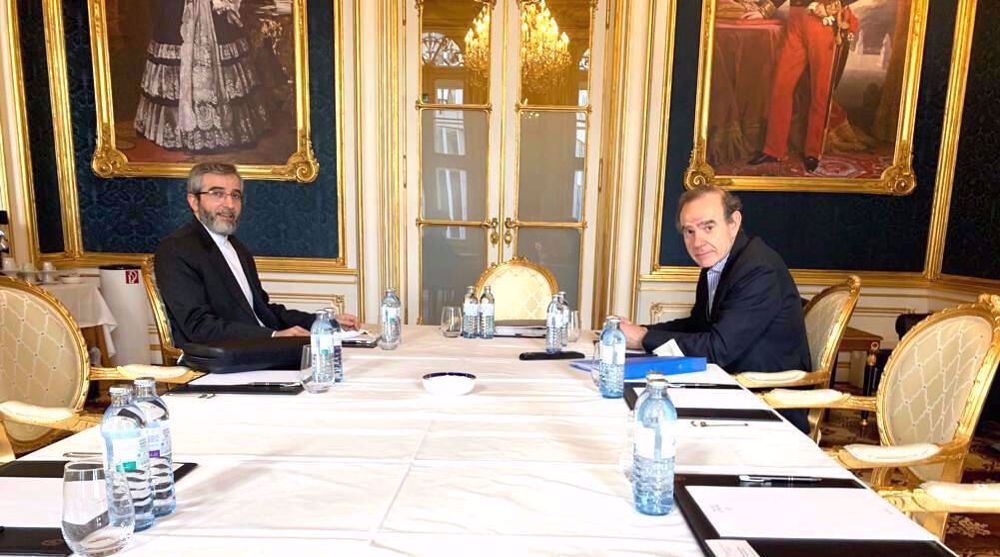
In a statement on Friday, the trio said talks between Iran and the P4+1 group of countries in Vienna are reaching their final stage and now require political input.
“January has been the most intensive period of these talks to date," the statement from the E3 —France, Britain and Germany — said.
“Everyone knows we are reaching the final stage, which requires political decisions. Negotiators are therefore returning to capitals for consultation,” it added.
Meanwhile, a French presidential official also said on Friday that the Vienna talks remain difficult, but there are indications that an agreement can be reached.
The official made the remarks while speaking to reporters after a telephone call between French President Emmanuel Macron and his Russian counterpart Vladimir Putin.
The official said Iran’s demands for guarantees and how its nuclear program can be brought back to control are still among the issues needing more clarification.
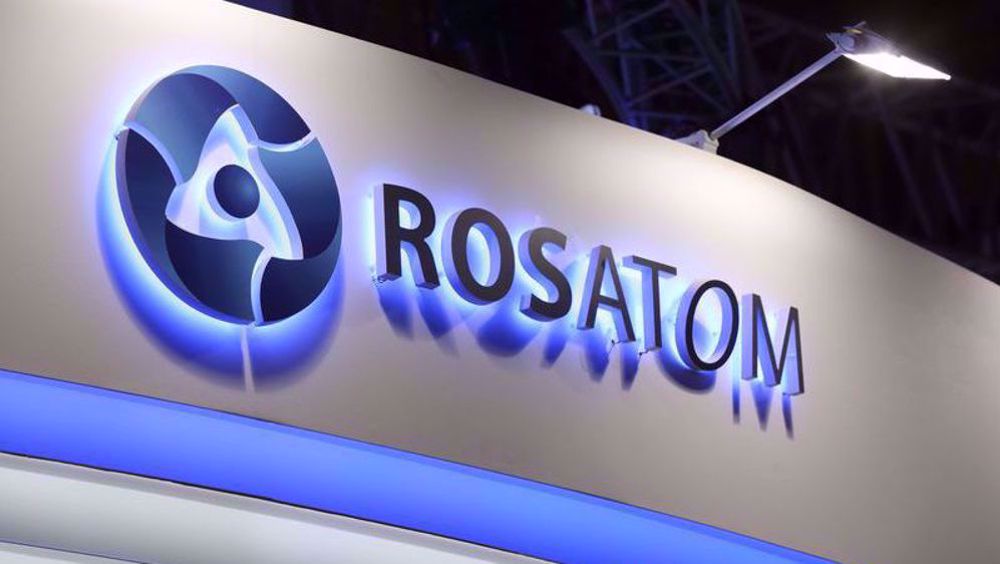
Russia’s Rosatom in ‘large-scale’ talks with Iran to build another power plant: CEO
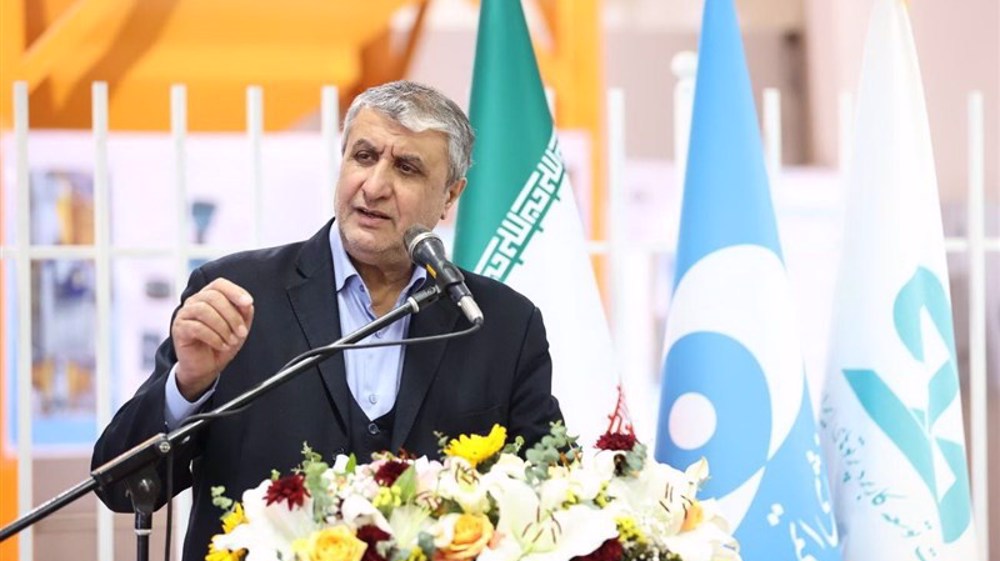
Official: Iran mastering construction of nuclear power plants
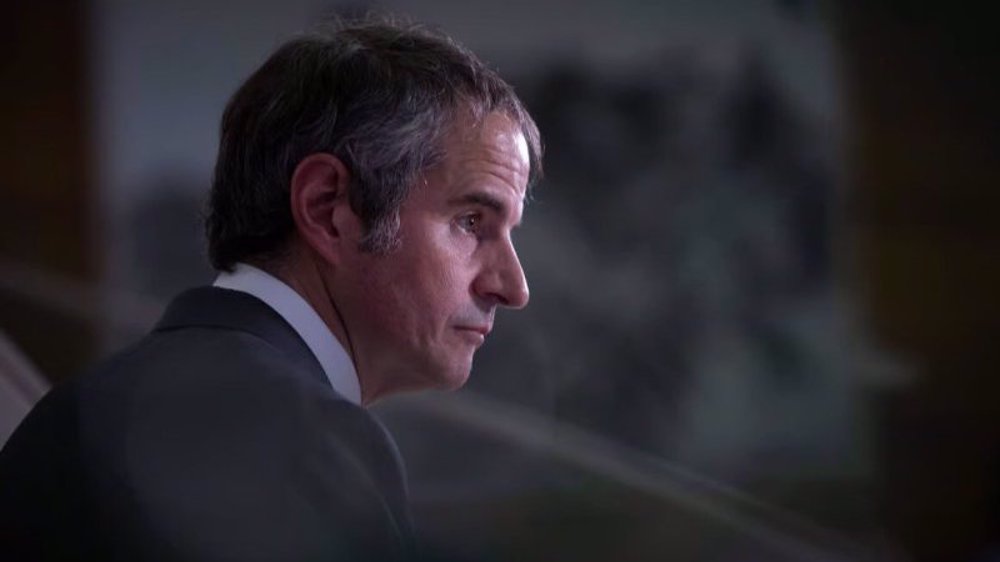
Iran raps Grossi's 'political' remarks serving pretext to pressure Tehran
'Shocking attack on free expression': Canadian politician slams arrest of pro-Palestine activist
West Bank Palestinians fear Gaza style destruction as Israel escalates raids
Hamas: Ibrahimi Mosque massacre testament to Israel’s criminal policy
Trump eyes Ukrainian rare earth minerals in exchange for military support to Kiev
Six Gaza children, including newborn girl, die of cold weather as Israel blocks aid
Iran rules out nuclear talks with US amid ‘maximum pressure’ campaign
Israeli tanks roll into West Bank first time in 20 years as prelude to forcible annexation
VIDEO | Trump wants Ukraine's mineral wealth


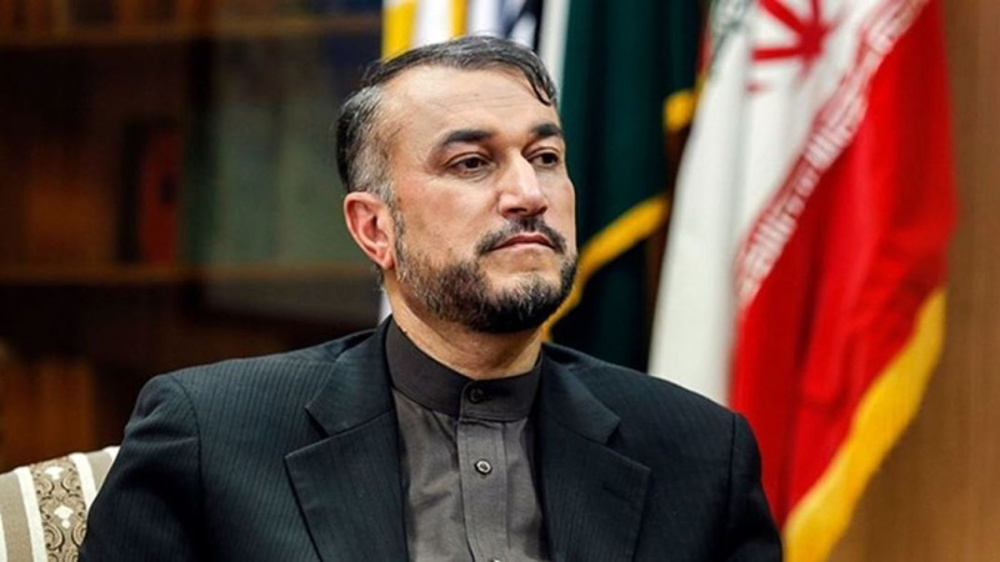
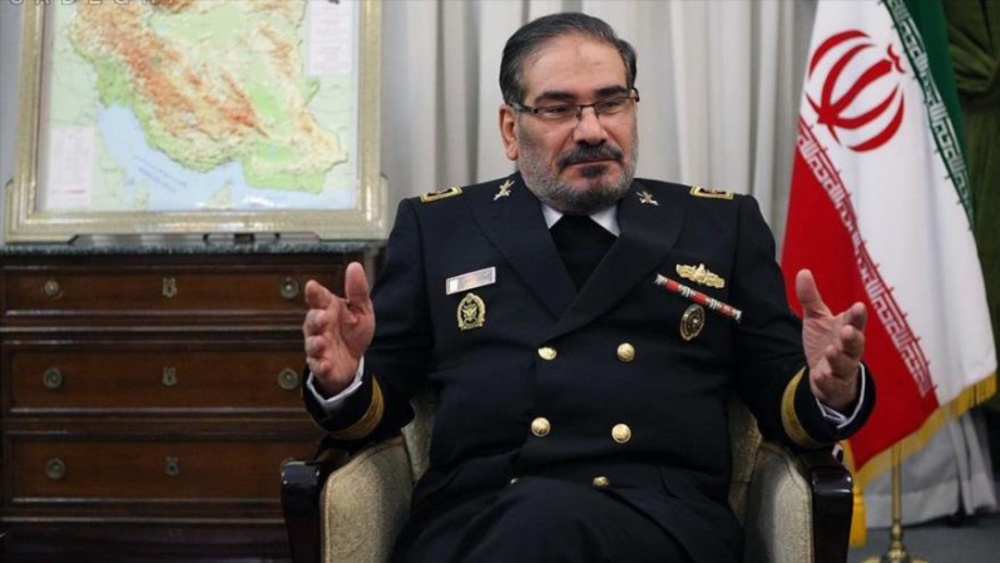
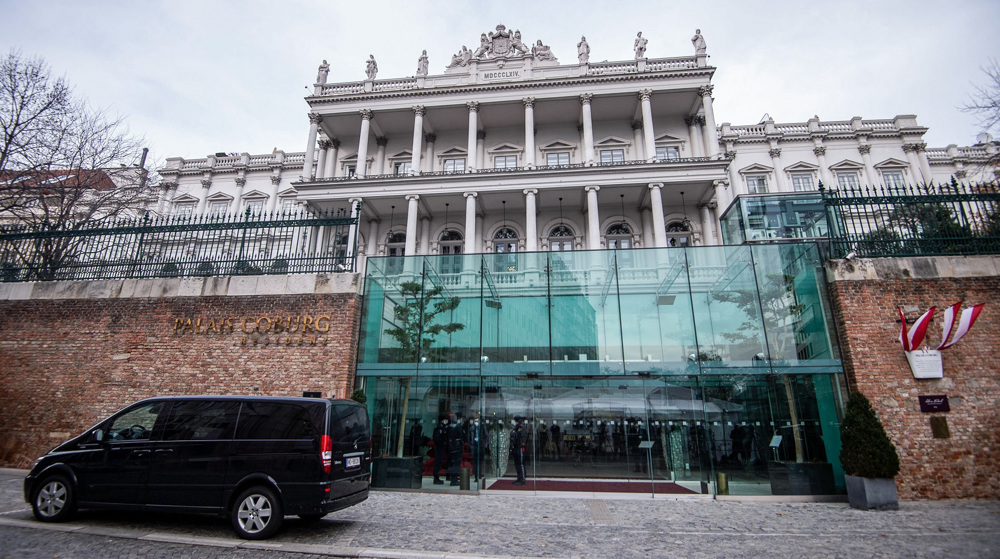




 This makes it easy to access the Press TV website
This makes it easy to access the Press TV website